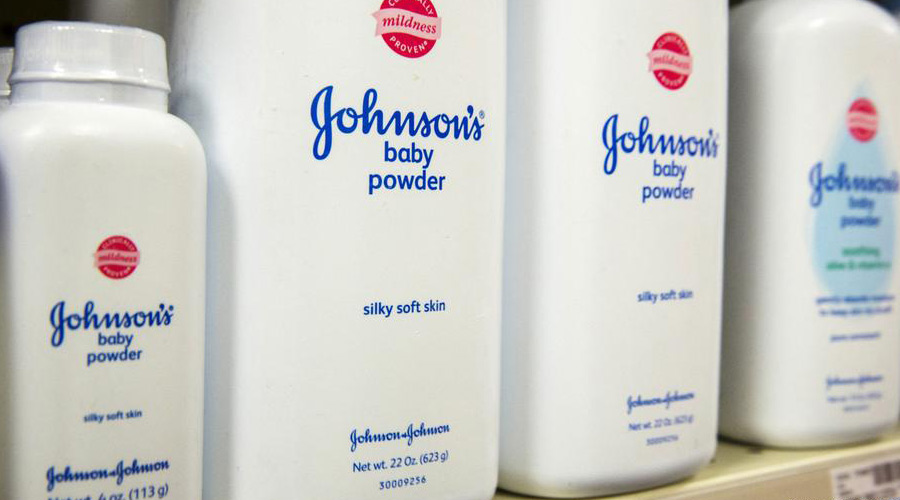Johnson & Johnson said on Tuesday that it had agreed to pay $8.9 billion to tens of thousands of people who claimed the company’s talcum powder products caused cancer, a proposal that lawyers for the plaintiffs called a “significant victory” in a legal fight that has lasted more than a decade.
The proposed settlement would be paid out over 25 years through a subsidiary, which filed for bankruptcy to enable the $8.9 billion trust, Johnson & Johnson said in a court filing. If a bankruptcy court approves it, the agreement will resolve all current and future claims involving Johnson & Johnson products that contain talc, such as baby powder, the company said.
In a statement, a group of lawyers who represent nearly 70,000 plaintiffs, including families of people who died of ovarian cancer and mesothelioma, described the deal as a “landmark” and a “significant victory for the tens of thousands of women suffering from gynaecological cancers caused by J&J’s talc-based products”.
For the deal to become final, the court would first have to accept a new bankruptcy filing by the Johnson & Johnson subsidiary, LTL Management, and the settlement itself; the company also needs to persuade enough claimants to support the settlement plan. Johnson & Johnson created LTL in 2021 in a manoeuvre to shield itself from the talc litigation, but an earlier bankruptcy filing by the unit was challenged by the plaintiffs and dismissed this year by a US appeals court, which ruled that a bankruptcy wasn’t the right way to resolve the matter.
If approved, the settlement would end a long-running legal drama that has weighed on Johnson & Johnson’s image. Its baby powder, although not a top seller, is one of the company’s most recognisable brands, and many of the plaintiffs claimed that the talc used in the product was contaminated with asbestos, a known carcinogen.
Some lawyers involved in the cases opposed the settlement, though they acknowledged that approval by the court would apply to all plaintiffs.
Jason Itkin, whose law firm is handling 10,000 cases involving women claiming that talc-based powders made by Johnson & Johnson caused their ovarian cancer, said the settlement was “bad for victims” and would be blocked in court. Even if the company succeeds with its filing, Itkin said, it will have to persuade enough claimants to vote in favour of the settlement plan.
New York Times News Service










